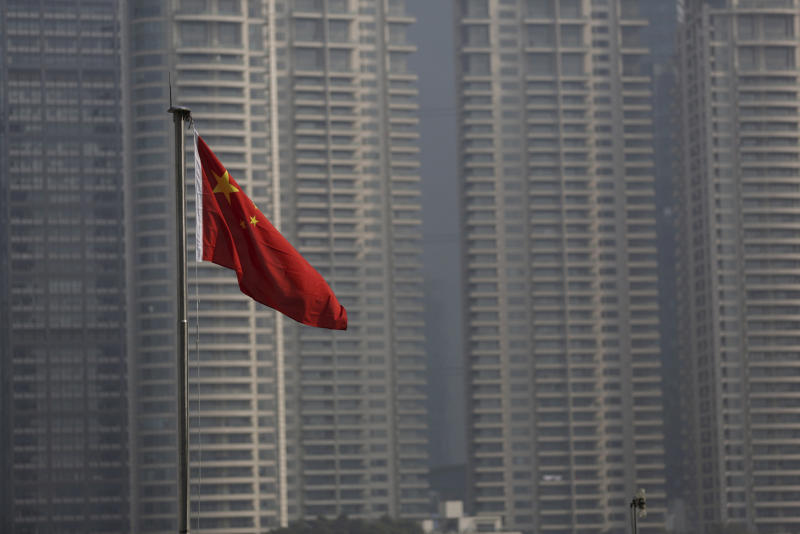Draft revision of China patent law boosts fines for IP violations
Sign up now: Get insights on Asia's fast-moving developments

The draft raises fines for violators and clarifies the responsibilities of online service providers, in what is the fourth revision to the law since 1984.
PHOTO: REUTERS
Follow topic:
BEIJING (CHINA DAILY/ASIA NEWS NETWORK) - Legal specialists welcomed a draft revision of China's patent law after seeing that it strengthens intellectual property (IP) rights protection by raising fines for violations.
The draft, submitted on Sunday (Dec 23) for a first review to the Standing Committee of the National People's Congress, China's top legislature, aims to help build a more fair business environment and encourage innovation.
"The draft is meant to solve new patent problems, such as difficulties in collecting evidence in patent lawsuits, online IP infringement and low compensation for victims of patent infringement," said Mr Shen Changyu, head of the State Intellectual Property Office, as he explained the draft to the legislature.
The draft raises fines for violators to a range of 100,000 yuan (S$19,900) to five million yuan (S$994,180) when the loss to patent holders and the benefits gained by violators cannot be determined. The current fine range is 10,000 yuan to one million yuan.
"I am glad to see fines for patent infringers substantially increased in the draft," said Ms Gao Xiaoli, a lawyer who specialises in patent cases at Jingshi Law Firm in Beijing. "It must be a big threat for violators and will better safeguard the legitimate rights of patent holders."
Ms Gao said many of her clients could now receive less than 100,000 yuan in compensation when their patent rights were infringed upon, which she called too little.
"The loss or benefit in about 90 per cent of cases is hard to clarify, because evidence collection is also a challenge in legal practice," she said.
Ms Gao applauded another change in the draft whereby courts can take evidence provided by patent holders as a reference point to calculate the amount of fines if violaters provide no or only false material in their defence.
"The revision means our country has strongly determined and made greater efforts to protect patent owners," she added.
Ms Kang Lixia, a lawyer specialising in IP disputes from Conzen Law Firm in Beijing, also gave the draft a thumbs-up. She said the five million yuan maximum fine is heavier and shows "that the draft has paid greater attention to the patent quality".
"The number of patent applications in our country has been rising in recent years, though we could hardly be called a 'strong patent country'," she said, "because many patents are not now applied in technology or economy, which is not good for innovation."
Noting that the draft asks government patent-related departments to set up systems to supply patent information and data to further promote the patent transformation or application, Ms Kang said patent quality will be improved step by step in this way.
In addition, the draft clarifies the responsibilities of online service providers, stipulating that they will be held liable if they do not delete or block violated works or products on their platforms in line with court rulings.
"It's a crucial move," Ms Gao said. "Fake trademarks are easy for online platform operators to identify, and they can promptly remove or ask users not to use them, but patent infringements are difficult for them to figure out."
This is the fourth revision to the patent law since 1984, the last amendment being in 2008.

